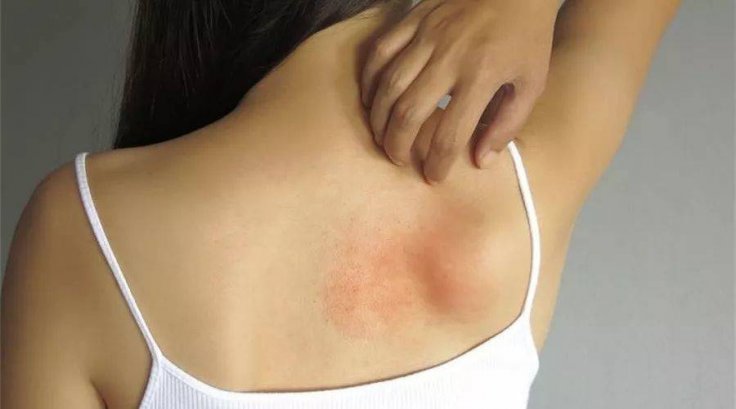
The research and testing to find a vaccine for COVID-19 is on full pace but there is a long way to go before it is finalized. In such a situation, a new syndrome linked to coronavirus affecting hundreds of children in the U.S. has become a matter of concern.
Known as Multisystem Inflammatory Syndrome (MIS), it is a rare phenomenon. Most children affected by it are said to get better with medical care. However, some children might get worse, to the point the syndrome might prove to be life-threatening. The syndrome is relatively new and the cause for the same has not been specified yet.
Globally 10,421,494 confirmed cases of coronavirus and 508,419 deaths have been reported so far. The US still has the highest number of confirmed cases (2,681,811) and deaths (128,783) in the world, followed by Brazil.
Two Studies Help Link MIS to Coronavirus
The Multisystem Inflammatory Syndrome in Children (MIS-C) that can be identified with symptoms like toxic shock, Kawasaki disease, fever, rashes, swollen glands and heart inflammation was first found in patients with COVID-19 in mid-May. However, then it was not sure if the syndrome was linked to coronavirus.
Currently, at least 300 children are said to be suffering from the life-threatening syndrome that is linked to coronavirus. The findings of two studies published in the New England Journal of Medicine on Monday, state that the new syndrome was found among those suffering from COVID-19 in France, Italy, Spain and Britain apart from the U.S.
The syndrome is noticed two to four weeks after a person is infected by the coronavirus. This rare syndrome affects two people in 100,000, said Michael Levin, professor of pediatrics and international child health at Imperial College London, according to a report in Reuters.
More than 1,000 people are suffering from this syndrome globally. Most of the patients having this syndrome are Blacks, Hispanic or South Asian origin, said Levin.
According to Levin, the first study was led by Boston Children's Hospital, found 186 cases of MIS-C in the U.S. The study stated that four out of five who had the symptoms and were in need of mechanical ventilation had died. The second study conducted by the New York health department found 95 confirmed cases with similar findings.
According to the World Health Organization, the acute illness is accompanied by a hyperinflammatory syndrome, leading to multiorgan failure and shock. Children with this syndrome are so far treated with anti-inflammatory treatment, including parenteral immunoglobulin and steroids.
What is Multisystem Inflammatory Syndrome?
Multisystem inflammatory syndrome, especially seen in children (MIS-C), is a serious condition. When a child is infected by this, some parts of the body including heart, blood vessels, kidneys, digestive system, brain, skin or eyes become inflamed. The symptoms are swelling, often with redness and pain in the affected parts.
But it is said that many children with COVID-19 test negative for MIS-C. But studies claim that children infected by COVID-19 in the past have tested positive with antibody tests.
Apart from swelling and redness those suffering from MIS-C also show symptoms of Kawasaki disease. This disease mainly affects children below five years. Those having Kawasaki disease have inflammation in the walls of blood vessels, particularly those that supply blood to the coronary arteries. However, so far there is no proof to claim that Kawasaki disease and MIS-C are related.
Signs and Symptoms of MIS-C
Those suffering from MIS-C have symptoms including fever for more than 24 hours, vomiting, diarrhea, pain in the stomach, skin rash, red eyes, redness or swelling of the lips and tongue, feeling tired, redness or swelling of the hands or feet.
But if a child is having symptoms including not being able to wake up or stay awake, difficulty in breathing, chest pain, confusion, lips or face turning blue, and severe stomach pain, the child must be admitted to the hospital without any delay.









